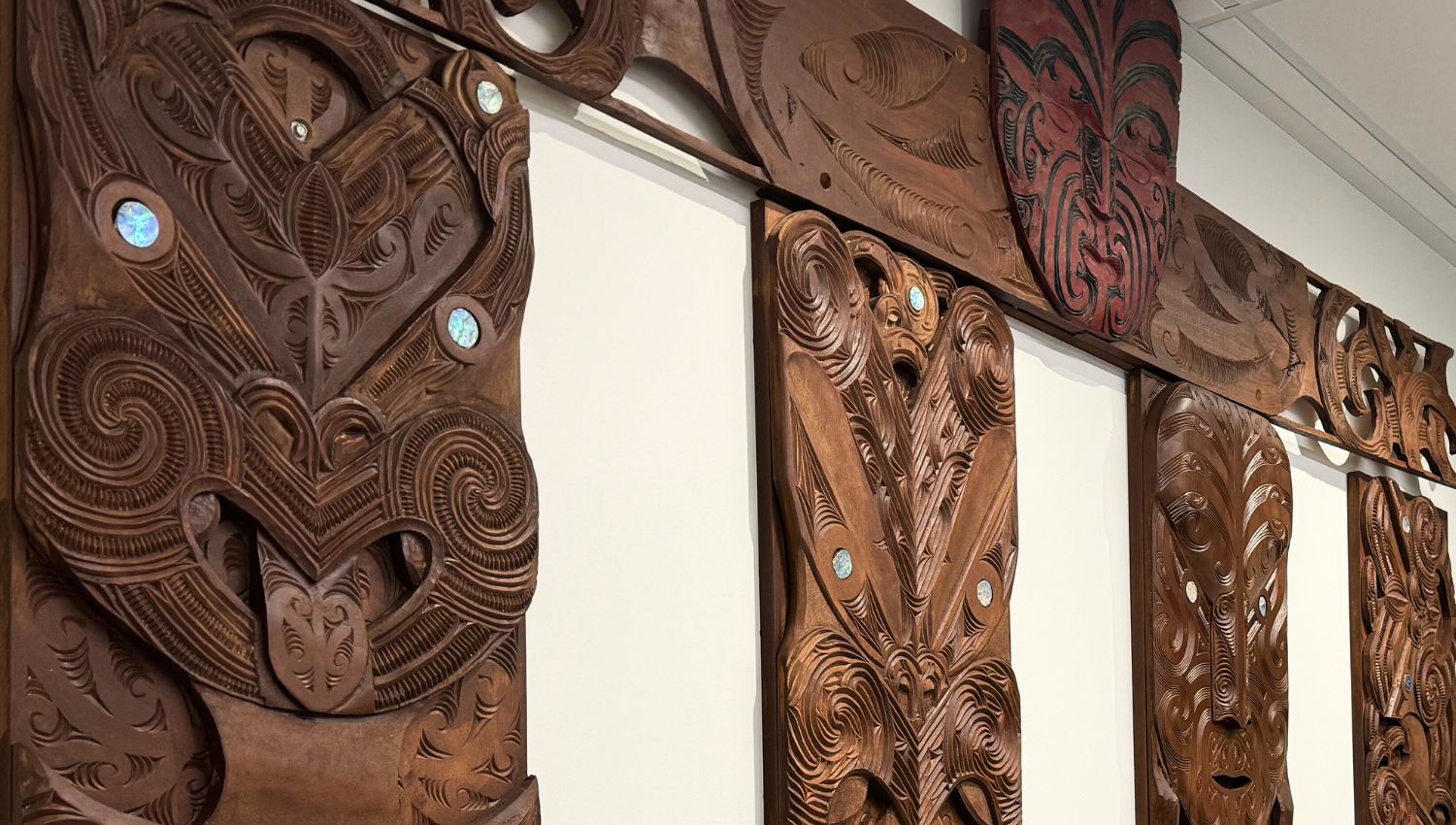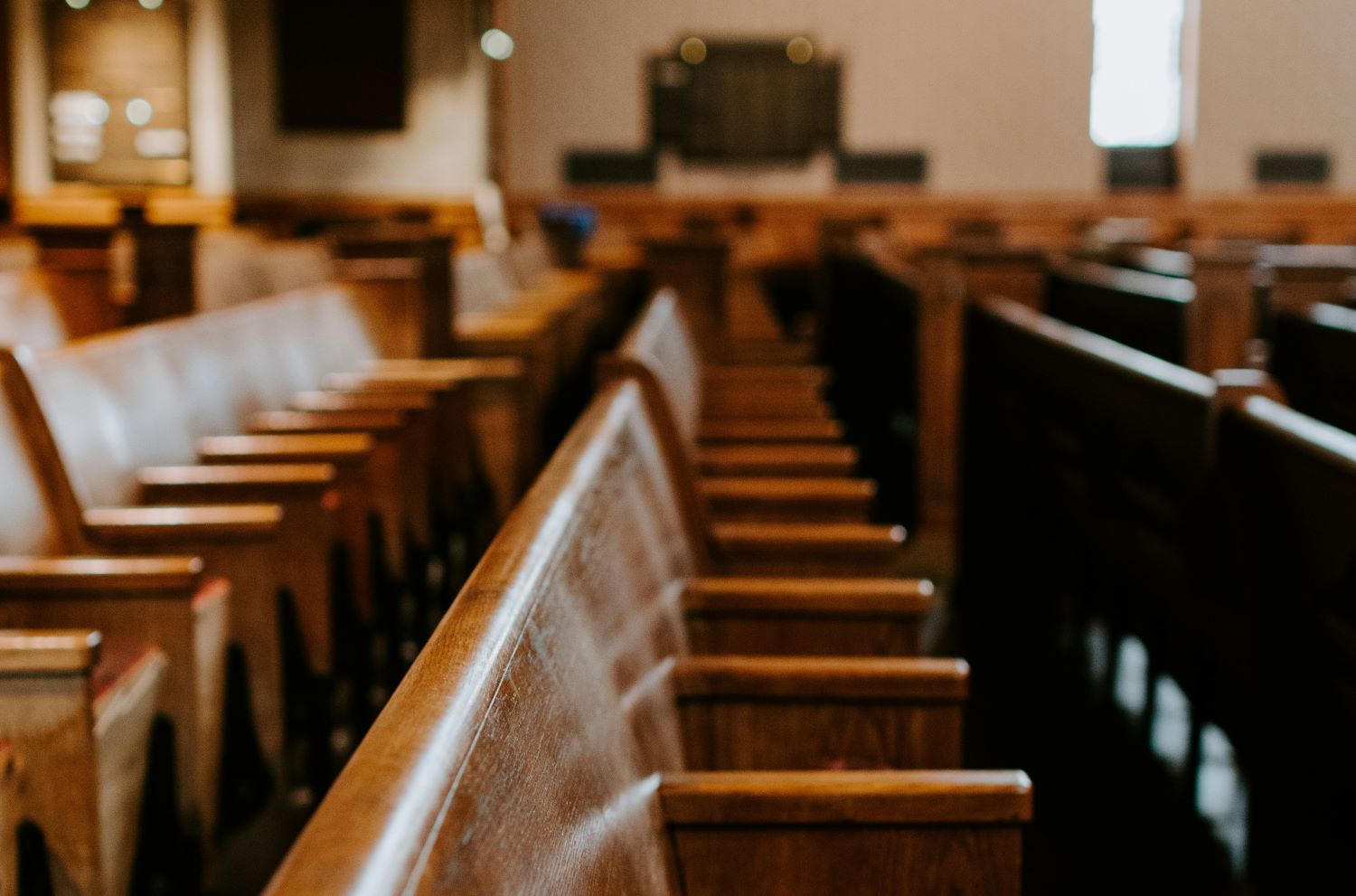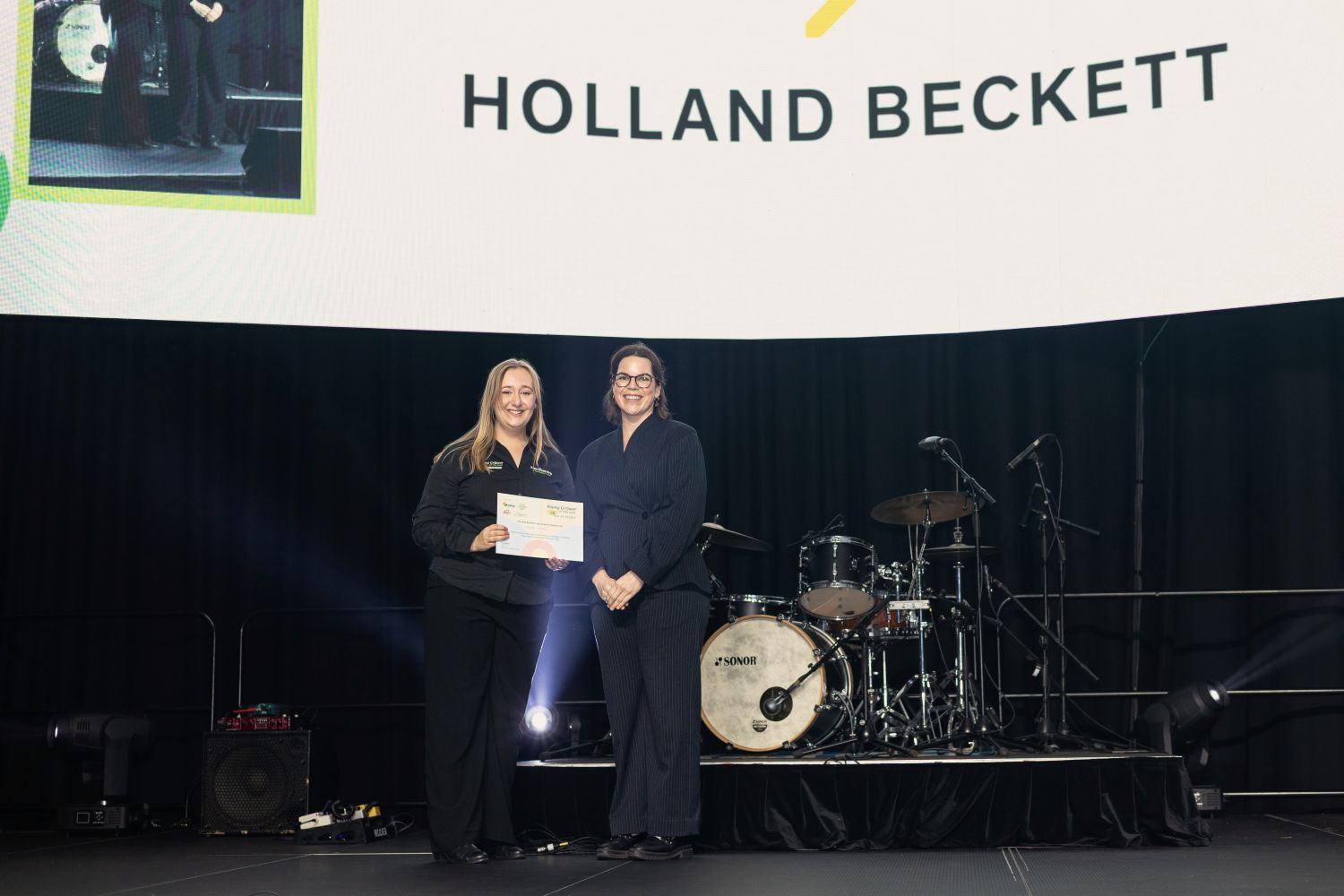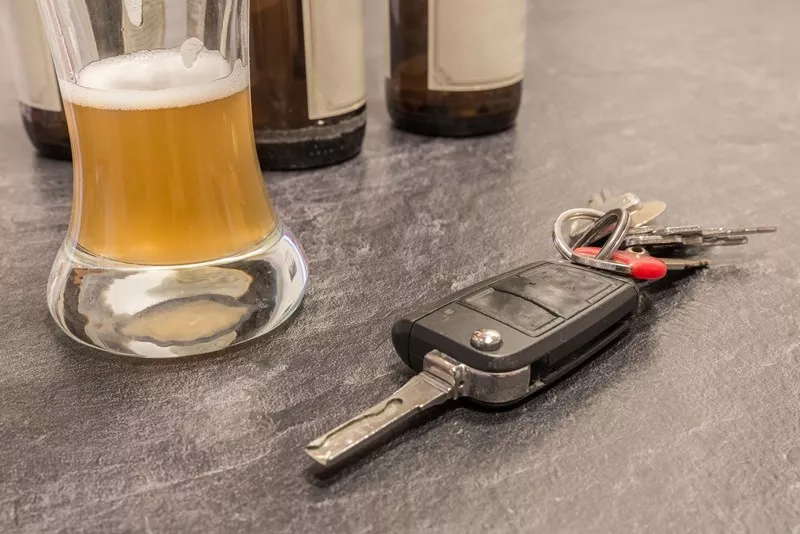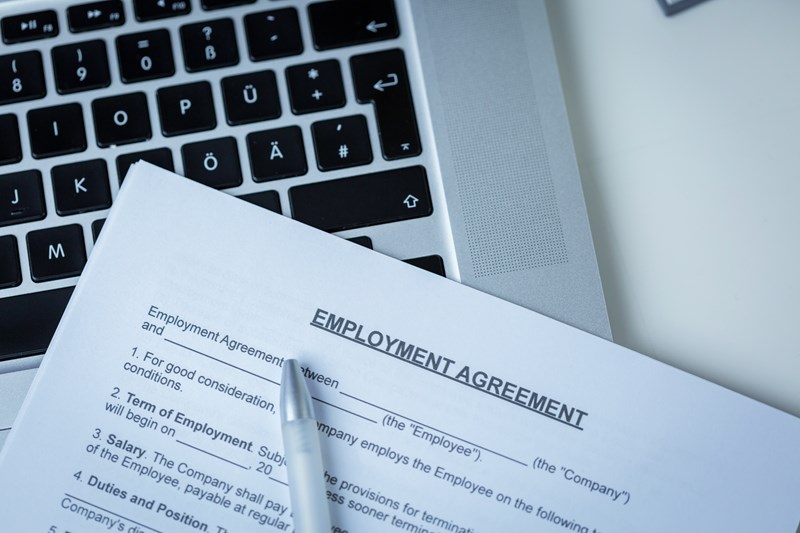Charged with drink driving – what now?
In New Zealand, drink driving is known as driving with excess breath/blood alcohol, or an EBA offence. The penalties that apply to EBA offences vary depending on the age of the offender, the level of breath/blood alcohol detected, and whether there has been previous offending of the same or a similar kind.
Adults
The legal limit for adults (over 20 years old) is 400 micrograms (mcg) of alcohol per litre of breath, or 80 milligrams (mg) of alcohol per 100 millilitres (ml) of blood. If a person’s breath or blood alcohol level exceeds these limits, this is a criminal offence and carries the risk of conviction. Criminal convictions result in a criminal record which can have implications for employment and travel. It should be noted that breath/blood alcohol readings that are less than these limits can still amount to an infringement offence, incurring a fine of $200 and 50 demerit points.
In the case of a first or second EBA offence, the Police can elect to prosecute. If convicted, an offender could be jailed for up to three months or fined up to $4,500. The offender will automatically be disqualified from driving for a minimum period of six months. For first time offenders, imprisonment is unlikely and a fine will usually be proportionate to how far over the limit they were (e.g. EBA of 500 mcg equals a fine of $500).
In the case of a third or subsequent EBA offence, the penalties become more serious. A repeat offender can be jailed for up to two years, or fined up to $6000, and will be automatically disqualified from driving for at least one year. Custodial sentences are not uncommon for recidivist drink driving.
Youth
For anyone under 20 years of age there is a zero alcohol limit. It is a criminal offence for a person under 20 years old to drive with more than 150 mcg of alcohol per litre of breath, or 30 mg per 100 ml of blood. This offending is treated in the same way as adult offending. A breath alcohol content between 0 and 150 mcg is an infringement offence and will result in a $200 fine and 50 demerit points.
Alcohol Interlock Licence
An offender who has received an EBA conviction within the last five years, or where the breath or blood alcohol reading is particularly high (more than 800 mcg, or 160 mg), will likely be sentenced to an alcohol interlock licence. This means once the period of disqualification is complete, they will need to pay to have their vehicle fitted with an alcohol interlock device for a minimum period of 12 months. This will prevent them from starting their vehicle until they have blown into the device and produced a zero alcohol reading.
Zero Alcohol Licence
Upon successfully completing an alcohol interlock sentence (and in some other limited circumstances), an offender will be eligible to apply for a zero alcohol licence. These licences are imposed for a period of three years, and as the name suggests, do not permit the consumption of any alcohol prior to driving, regardless of age. The three year period does not run concurrent with any period of suspension or disqualification, but begins from the end of this period.
It is important to note that upon the expiry of an interlock or zero alcohol licence, a person will be unlicensed. It will be necessary to go through the usual process of obtaining a new licence, including sitting the theory and practical tests.
Limited Licences
Once convicted of driving with EBA and disqualified from driving, it might be possible to make an application to the court for a limited licence, sometimes referred to as a ‘work licence’. To obtain a limited licence it is necessary to demonstrate disqualification from driving will result in extreme hardship to the applicant, or undue hardship to another (usually an employer or dependent family member). For example, where an applicant is required to drive for work and their disqualification means they will not be able to carry out their job. This could result in undue hardship to the applicant’s employer if they are unable to replace the applicant in their role and are left with no one to carry out the job. Or where other employees are diverted from their roles to cover for the applicant or drive them around, at a cost to the employer. Where it is not viable for an employer to continue employing the applicant as a result of their disqualification, this could result in undue hardship to the applicant’s family in situations where they are financially dependent on them. Undue hardship to family members could also arise where the applicant is the sole or designated caregiver and is required to drive in order to care for dependent family members.
A limited licence will only allow an applicant to drive for a limited purpose, such as for work, and will be subject to conditions including restrictions on the hours, days and area in which they can drive.
For EBA offences, there is a mandatory stand-down period of 28 days from the date of disqualification before the court will consider an application. If a limited licence is required, it is best to get in touch with a lawyer as soon as possible following a conviction to discuss making an application.
Once the period of disqualification has ended, a new licence will need to be obtained, as the old licence will have been cancelled. If the period of disqualification was less than 1 year, then it is simply a matter of applying to have the licence reinstated. If the period of disqualification was more than 1 year, it will be necessary to re-sit the theory and practical licensing tests again in order to requalify for a licence.
The Litigation team at Holland Beckett has experienced criminal lawyers who would be happy to provide advice in relation to EBA charges and assist with making an application for a limited licence. Please don’t hesitate to get in touch.




